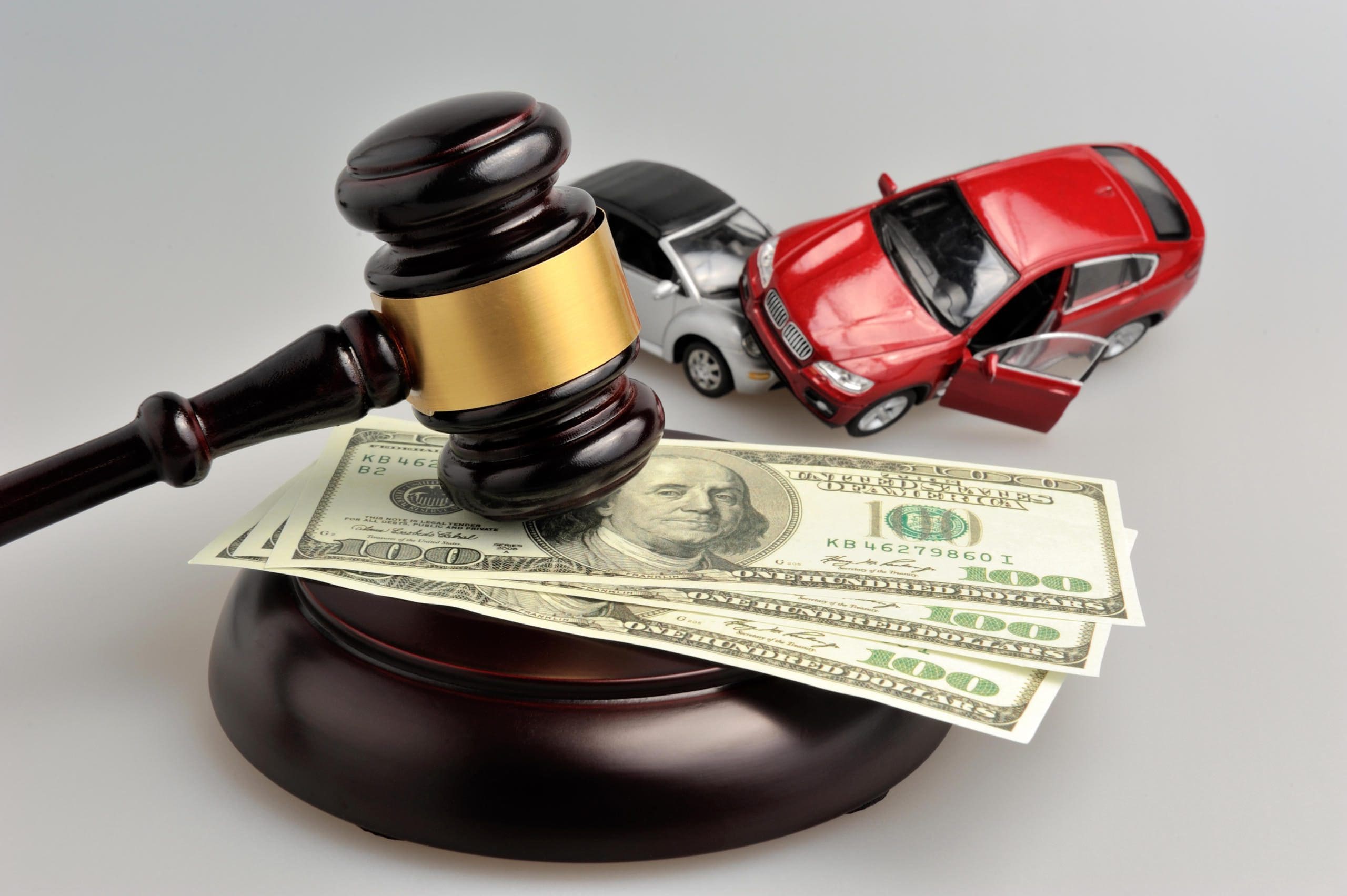Minor Car Accident, Your Fault, No Police Report. A Guide for What to Do After

For the vast majority of drivers on the American roadways, it’s not a matter of if they’ll be involved in an automobile accident, but when.
Accidentally rear-ending another driver can cause shock and confusion. You may find yourself unaware of how to proceed during this panicked state, especially if you’re the one at fault.
Do you scramble to call the police, rush to the hospital, or try and get your insurance agent on the phone? What should you do if you’re part of a car accident, with no insurance and no police report involved? Will you be in trouble if you’re in a car accident without police reports being issued?
It’s unlikely that any of the accidents you’re potentially involved in will end in severe injury or fatality. However, understanding the steps necessary to handle the situation can save you time and money.
With that in mind, we’ve created this guide for those who have been in a car accident, my fault, no police report, and don’t know what to do next.
What Happens if There Is No Police Report for a Car Accident?
For most motorists in a car accident, no police report filed is the common course of action if there aren’t any extenuating circumstances. While filing a report with the police makes proving who’s at fault a more manageable process, it isn’t necessary to determine who’s liable for the damages.
At its core, a police report is only an additional piece of evidence for insurance companies to use as leverage for proving fault. Since it’s more than likely that the police officer didn’t witness the accident, their report can carry significant weight, as it will detail any physical evidence at the scene.
If you find yourself in a situation with no police report, insurance claim adjusters will still review the evidence to pinpoint where the negligence occurred. As a result, if you’ve been in a car accident that was your fault, don’t think a missing police report will save your case.
If you’ve been involved in a parking lot accident, no police report filed case, with no potential witnesses, generally, an insurance company’s responsibility is to measure skid marks and vehicle positions to rebuild the scene of the accident.
When all things are considered, an insurance claim without police report evidence attached will proceed similarly to one that does involve a police report. The primary difference is the insurance companies will have to agree without the additional support of an officer’s opinion of circumstances that contributed to the accident.
Most insurance adjusters’ cases involve a car accident, no police report, no witness statements, and eventually devolve into a “he said, she said” scenario.
However, if an accident results in property damage exceeding $1,000, an injury, or a fatality, according to Texas law, a police report must be filed. If you’ve submitted a car accident insurance claim, no police report has been documented, and an injury occurred, you can face a $5,000 fine along with jail time.
Minor Car Accident, No Police Report: Next Steps
As stated, most drivers who have a car accident will not require the assistance of a police report. This is why knowing the steps of how to handle a car accident is critical to minimizing the expenses and duress that follow.
After the events of a minor accident, a driver should notate as much evidence as possible. This includes:
- Taking photos and videos of the scene
- Obtaining the other drivers’ contact information
- Obtaining any witnesses’ contact information
- Seeking medical attention
- Calling their insurance company
- Retaining legal representation
By staying on top of the situation, you can successfully build a case.
However, it’s wise to note that some states prescribe fault based on the type of accident. Some of the most commonly prescribed faults include:
- Rear-end collisions: Drivers collide with another motorist from behind are usually designated at-fault
- Left-turn collisions: Accidents that occur when someone is attempting to turn left and cross on-coming traffic is usually the fault of the turning motorist
Hire an Experienced Attorney
Legal statutes vary between states when determining the conditions that constitute fault. The majority of states have instituted “at-fault” laws, with twelve states maintaining “no-fault” laws on the books.
With the factors differentiating who’s at fault for a car accident isn’t universally codified between the states, seeking counsel may be the best course of action.
A car accident attorney will prove to be the best resource available if you need to file a claim or lawsuit if you believe that you will not be at fault. Without an experienced attorney on your side, you could find yourself paying for the damages and consequences of someone else’s negligence.
A lawyer will help build your case by:
- Speaking with witnesses to gather statements
- Obtain the aid of expert testimony or accident reconstruction specialists
- Gather medical evidence from your physician
- Use a police report, if available, as evidence
Contact Thomas J Henry
If you find yourself in a situation that includes a major or minor car accident that was your fault with no police report and witnesses aren’t stepping forward, contact Thomas J. Henry Law. We have law offices located in Corpus Christi, San Antonio, Austin, Houston, and Dallas, serving clients across Texas and nationwide. Our law firm prides itself on client satisfaction. Whether you need a San Antonio car wreck attorney or are searching for an Austin car accident lawyer, we have the experience and knowledge to handle your case.
Blog












